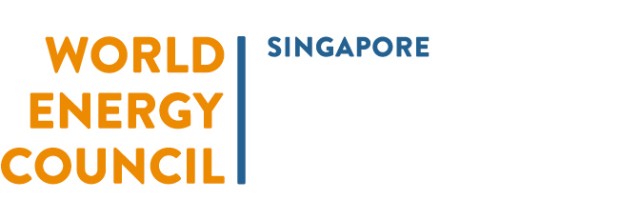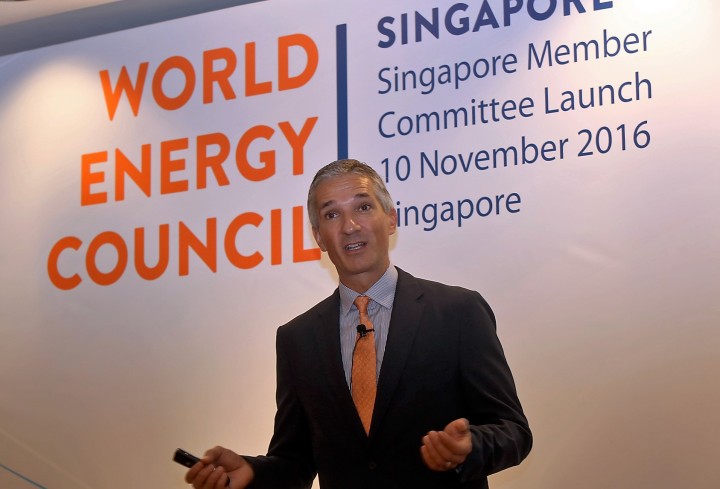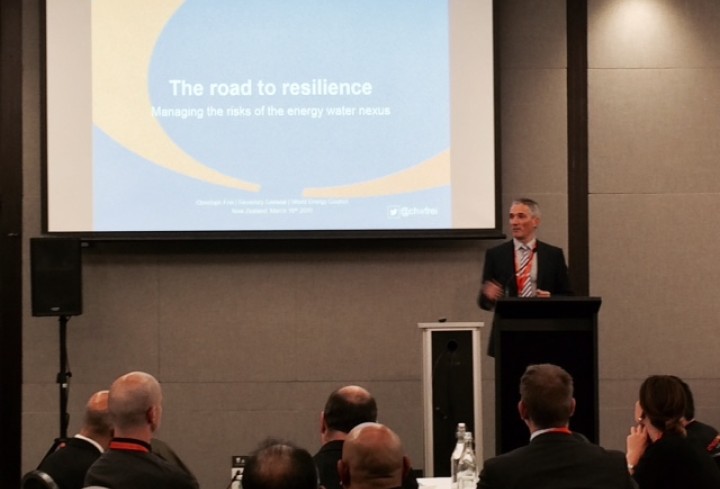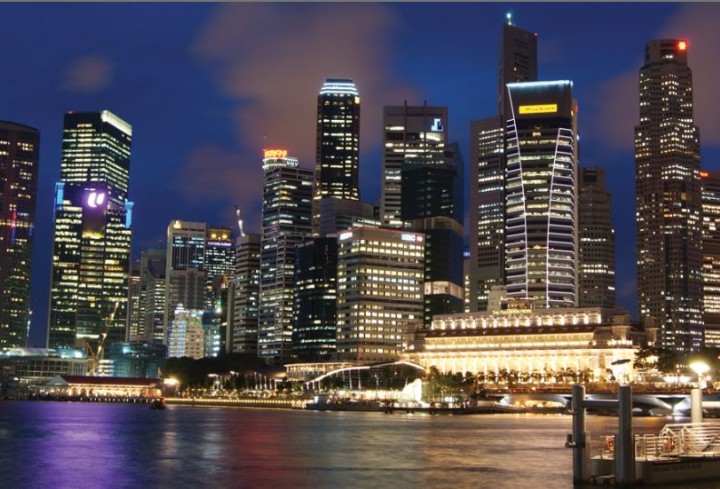The Singapore National Committee aims to promote sustainable energy development in Singapore, as a part of the Council’s energy vision. As a member of the Council’s network, the organisation is committed to representing the Singaporean perspective within national, regional and global energy debates. The committee includes a variety of members to ensure that the diverse energy interests of Singapore are appropriately represented. Members of the committee are invited to attend high-level events, participate in energy-focused study groups, contribute to technical research and be a part of the global energy dialogue.
ENERGY IN SINGAPORE
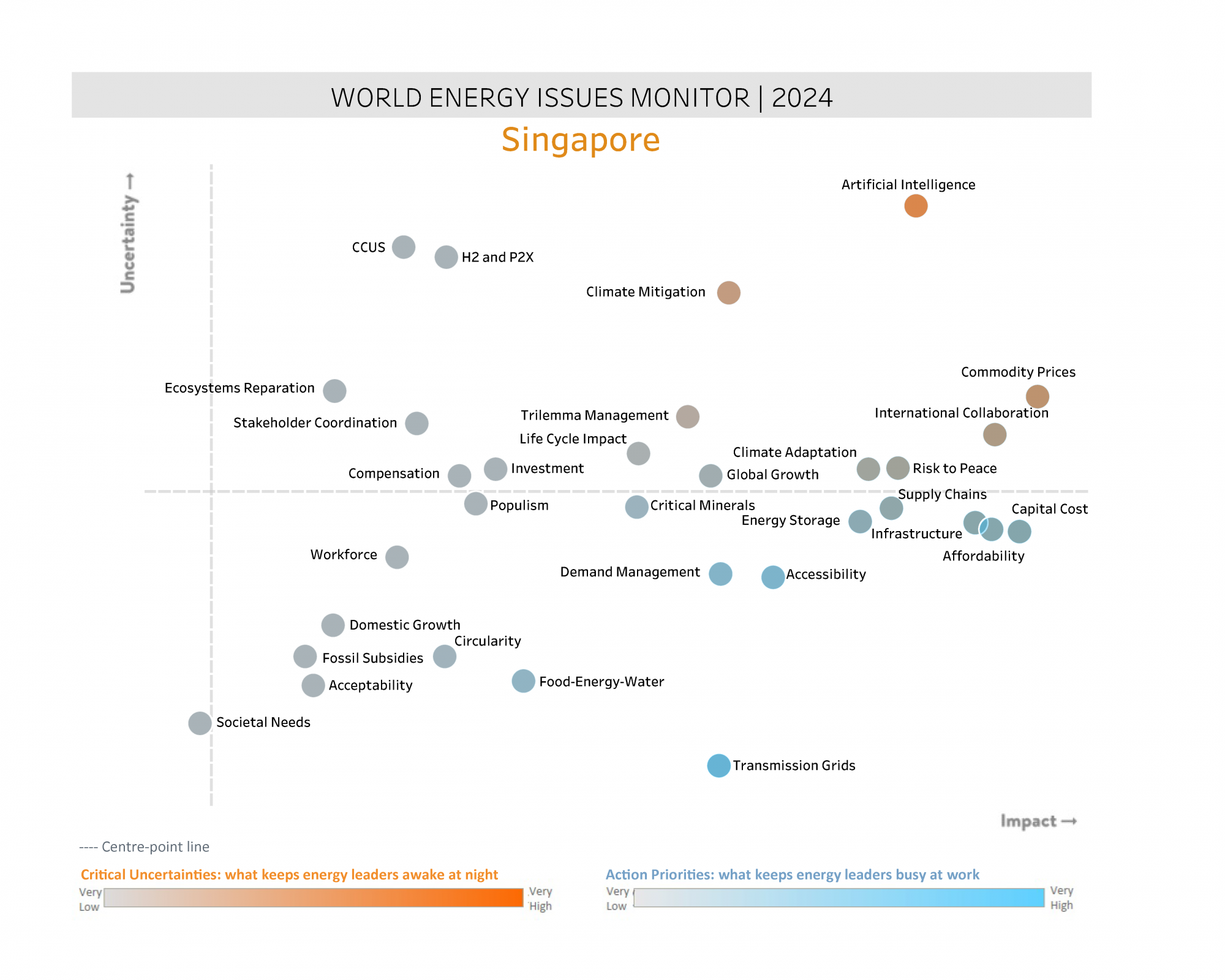
With a population of 6 million and a land mass of approximately 730 square kilometres, Singapore targets to achieve net zero by 2050. Being a dense city-nation with limited natural resources and land area for large-scale renewable deployment, Singapore is in a unique position in its journey towards net zero. The Singapore government has put together a ten-year plan called the Singapore Green Plan 2030, which encapsulates the nation’s sustainable development agenda with firm action plans, touching on almost every dimension of life. As stated in the plan, Singapore aims to achieve 2 GW-peak of solar energy deployment by 2030 and to tap into green energy sources from the ASEAN region and beyond through electricity imports and hydrogen.
Singapore’s total electricity consumption in 2022 increased, rising by 2.6% from 53.5 TWh in 2021 to 54.9 TWh in 2022. In 2022, natural gas accounted for 92.0% of Singapore’s fuel mix. Although the natural gas fuel mix in 2022 decreased due to tighter worldwide supply, it rebounded to represent 94.3% of the fuel mix in the first half of 2023.
An integral part of Singapore’s energy transition is to tap into green energy imports within the ASEAN region. Solar and wind capacity in ASEAN increased by 20% in 2023, bringing the total to more than 28 GW. Combined with a large base of hydropower, the growth in wind and solar takes the bloc close to its renewable energy capacity target of 35% by 2025. As such, having a resilient transmission grid and robust infrastructure to facilitate grid interconnection becomes imperative. The capital cost of building the infrastructure for grid interconnection would be substantial, requiring multilateral cooperation and financing. Hence, the prospective impact on tariffs and the notion of affordability and accessibility to clean energy becomes a concern moving forward.
Grid interconnection requires regional commitment not just between grid operators but also from governments and regulators. Tension between the United States and China affects international collaboration. Singapore, or Southeast Asia as a whole, would prefer not to be forced into a particular corner. Choosing between Chinese expertise in green technology and the lucrative US market, Singapore would not want to be caught between a rock and a hard place when selecting climate mitigation solutions. The Russia-Ukraine war disrupted global supply chains and sent commodity prices skyrocketing. Electricity tariffs in Singapore increased by 10 percent in the immediate quarter following the war.
Lastly, we can leverage Artificial Intelligence (AI) to gain further insights into electrical assets, providing the opportunity to defer CAPEX investments and control the rise of tariffs. AI can also be used to optimize energy consumption to reduce waste while improving efficiency. However, the complexities of acquiring different types of data to facilitate accurate AI analysis remain high. How AI can propel us forward in the transition journey remains to be seen. AI, on the other hand, is also a double-edged sword. As observed in the United States, the surge in AI is straining the US electrical grid. The nine-year projected growth forecast for North America has essentially doubled as companies begin to construct large AI-hosting facilities.
The critical uncertainties and action priorities noted in the 2024 issues monitor are largely in line with the situation observed in Singapore.
Acknowledgements
Singapore Member Committee
Downloads
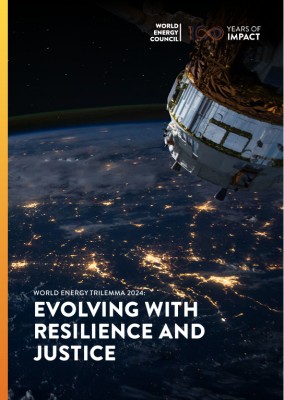
Singapore World Energy Trilemma Country Profile 2024
Download PDF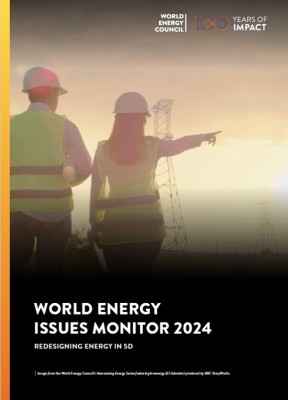
World Energy Issues Monitor 2024 Singapore Country Commentary
Download PDF
World Energy Issues Monitor 2024
Download PDF


